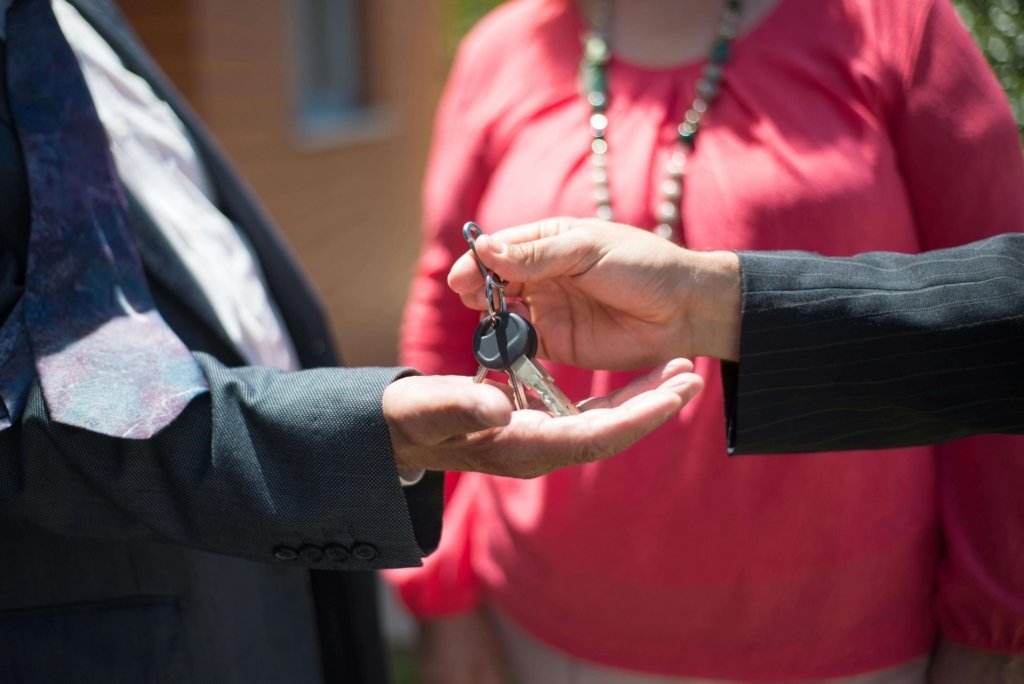Sharjah’s rental market is governed by a set of clear regulations that are protecting both tenants and landlords, promoting a stable and transparent rental environment. Whether you’re a new tenant and/or an experienced property owner, understanding these laws can help you avoid conflicts and ensure a smooth rental experience. Here’s a detailed look into the rental laws in Sharjah, covering tenant rights, occupancy rules, rent increases, and more.
Key Rental Laws in Sharjah for 2024
1. Tenant Rights and Responsibilities Sharjah’s rental laws are designed to protect tenants, mandating that property owners handle major repairs and maintenance during the rental period. Tenants, on the other hand, are typically responsible for minor upkeep. Here are some critical tenant rights and obligations in Sharjah:
Property Maintenance:
Owners must manage all necessary maintenance, while tenants are responsible only for minor repairs unless otherwise agreed in the lease.
Property Sale:
If the owner sells the property, the new ownership should not affect the existing rental contract.
Renewal Fees:
Landlords or agents cannot charge tenants renewal fees upon renewing the lease.
Termination Conditions:
Landlords may only terminate leases in cases of complete renovation, demolition, or if they require the property for personal use, provided they have a valid permit from the Sharjah Municipality and issue a three-month notice.

2. Occupancy Limits To maintain order and privacy in residential areas, Sharjah has set maximum occupancy limits for residential units:
- Studio apartments: Max. 3 people
- 1-bedroom apartments: Max. 4 people
- 2-bedroom apartments: Max. 6 people
- 3-bedroom apartments: Max. 9 people

3. Rules for Bachelor Accommodation Sharjah’s laws specify accommodation areas for bachelors based on their income and profession. For example, lower-salary bachelors and laborers are restricted to industrial areas like Al Sajja’a, while executive bachelors (e.g., doctors and engineers) may reside in residential or commercial units with the owner’s consent.
4. Rent Increase Regulations The Sharjah Municipality’s guidelines stipulate:
- Initial Increase: Landlords can only raise the rent after three years from the contract start date.
- Subsequent Increases: After the first increase, landlords may raise the rent every two years, ensuring tenants are not burdened with annual rent hikes.
5. Early Termination of Lease Tenants generally cannot terminate their lease before the agreed end date unless extenuating circumstances apply. These exceptions should be clearly outlined in the lease contract to avoid disputes.
6. Consequences of Rent Payment Defaults If a tenant defaults on rent, Sharjah’s laws give landlords the right to evict them. Tenants must pay their rent within 15 days of the due date to avoid eviction.
7. Three-Year Eviction Protection Recent changes in Sharjah’s rental laws provide tenants with added protection from eviction:
- Residential Use: Tenants cannot be evicted for at least three years from the lease start date.
- Commercial Use: Tenants in commercial, industrial, or professional units enjoy eviction protection for five years.
If eviction is necessary before the end of these periods, landlords must secure permission from the Sharjah Municipality.
Frequently Asked Questions
1. Where Are Tenancy Contracts Registered in Sharjah?
Tenancy contracts are attested and registered with Sharjah Municipality, and the Rent Regulation Department manages these registrations and resolves rental conflicts.
2. Is Subletting Allowed?
Subletting is strictly prohibited in Sharjah under current tenancy laws.
3. Under What Conditions Can a Landlord Evict a Tenant?
Landlords can evict tenants for breach of contract or failure to pay rent after the legal grace period.
4. Are There New Rental Rules in 2024?
Yes, as of September 2024, landlords are required to provide a three-year eviction notice for residential leases. This rule helps regulate the rental market and offers additional tenant protection.
For more detailed guidance on property-related matters in the UAE, check out our article on Navigating House Exchanges in Dubai: A Comprehensive Guide for UAE Citizens.

